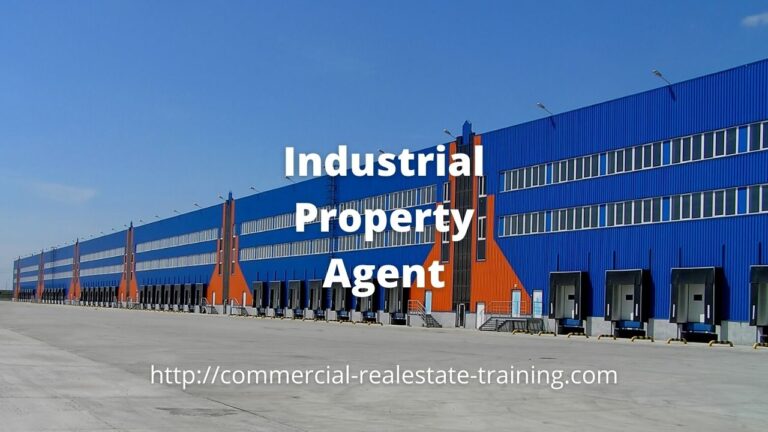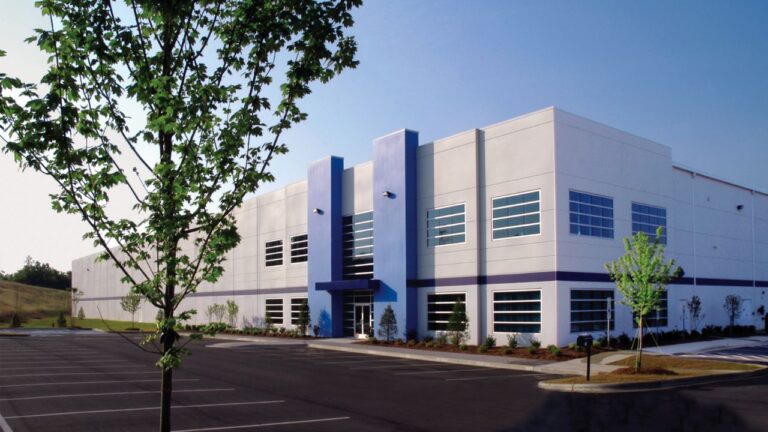Commercial Real Estate Brokers – Essential Questions to Qualify Investors as Clients
Commercial property investors purchase properties for a number of different reasons. Some investors have a lot of experience with local property and others are just starting out. The real challenge is to completely understand what they know and what they are looking for by way of property. Look for the opportunities where you can match that correctly to convert a sale deal.
It’s your job to get into the factors of focus that they see as important in property selection. So just how can you tap into this highly profitable type of client? What services can you offer them?
Create Your Plan
A good plan is required to work the property investors in any area or location. So there are no standards in what a property investor may want, however there are some good questions to ask when it comes to identifying the right property and the best timing.
As the local property specialist you can find the property and convert the investor to a long term relationship where they use your services to solve property challenges over and over again. That is a good thing from a commission growth perspective.
What Do Investors Want Today?
In working with many property investors over the years, I know that there are a few variations and challenges in solving any inquiry or in finding the right property. I created a checklist approach to use at any time and across all property types. Here are some ideas and topics from my investor checklist to help you with this lucrative segment of the property market and client base.
Refine the list. Understand how these topics help you in working with this valuable client type:
- The amount of money that they have to spend – The level of available finance and the lending policies locally will impact the price range of the property that they can look at. Make sure that they have researched the finance that is available to them and that the channels of approval have been sourced.
- The best property type – Some investors have a preference of property type and size. There will be complexities of tenant mix and lease documentation that come with any larger property. Find out what the person understands from a property perspective and how they can move across the investments of office, industrial, and retail.
- Lease and rental types – With any lease document you will get factors of rent strategy and return. There are real differences in the recovery of outgoings and also between net and gross leases. Make sure that the property owner can handle those rental types from a cash flow perspective and give them an assessment of local market rentals for the property type.
- Risk versus return – Any property with lower levels of risk is likely to have a conservative tenant mix and rental structure. Some property investors cannot tolerate rental instability and volatility, especially if they are highly geared from an investment and finance perspective.
- Location – Differing locations will have strengths and weaknesses to be assessed from a future point of view. Has the precinct been popular with business owners? Do a supply and demand assessment for the region. Review what is coming up and how you can see that impacting prices and rents.
- Tenant mix – A good tenant mix in a retail property will feature anchor tenants and specialty tenants in balance to the customer base. The review of a tenant mix will involve leases, tenants, expiry profiles, and rental strategies.
- Time frame – When will the property acquisition be required? Will there be another property to sell as part of purchasing another? Timing is everything when it comes to moving in and out of property investments.
- Long term investment plans – Some investors like to hold a property for a long time as an overall portfolio positioning strategy. To do that successfully the risk profiles of the leases and the tenants will need to be assessed.
- Renovation and refurbishment – A property can be improved by renovation and refurbishment. New rental levels can be achieved in the process however there will be costs and timing issues to
- Capital gain – The value of a well maintained and occupied commercial property will potentially go up over time, but the cycle of gain will be impacted by the overall property location and the business community. Keep a close tab on business sentiment and growth for your town or city. It is harder to sell a vacant property to an investor.
- Free standing or group title – A free standing property on its own title is highly desirable from an investment perspective. That being said, a freestanding property investment is generally more expensive thereby limiting the number of investors that could purchase.
So there are some good things that you can check and work through if you are to be specializing in helping commercial investors with their property needs. Refine the checklist above to suit your location and add topics to suit your specialty.







